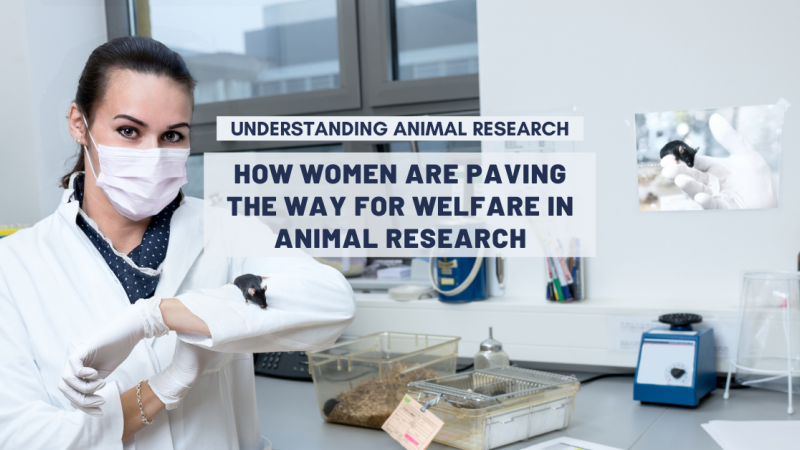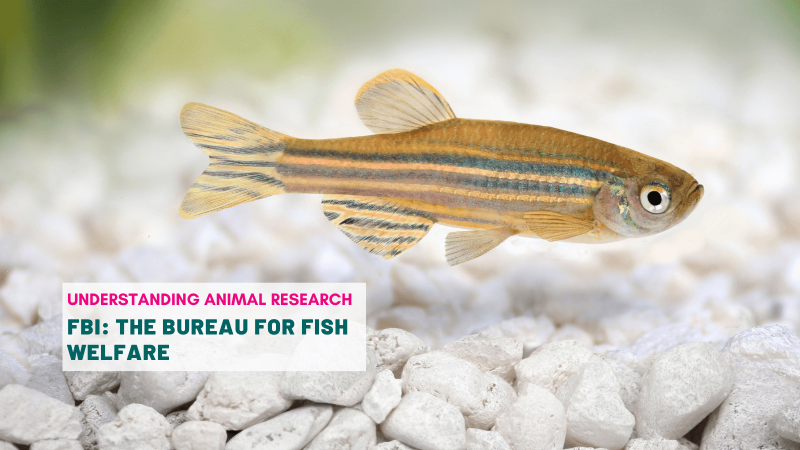Text to go here...
 As anyone who reads it will see, a recent (11 November) Freedom of Information ruling falls some way short of the 'landmark decision' claimed by BUAV. The 'first tier' tribunal ruling about releasing information on primate research found partly in favour of the antivivisection group and partly for Newcastle University.
As anyone who reads it will see, a recent (11 November) Freedom of Information ruling falls some way short of the 'landmark decision' claimed by BUAV. The 'first tier' tribunal ruling about releasing information on primate research found partly in favour of the antivivisection group and partly for Newcastle University.
Like all animal research conducted in the UK, the work at Newcastle is strictly regulated. It is only allowed when there is no alternative, the animals must be properly cared for and each study must be fully justified. It would be illegal to use animals if there was no potential benefit, and this is especially true of the small number of studies that involve primates. In the past, primate studies have been crucial in developing polio and hepatitis vaccines, treatments for HIV, and deep brain stimulation for Parkinson’s disease.
Leading expert on primate research Roger Lemon is Professor of Neurophysiology at UCL Institute of Neurology, and Chair of the Policy Advisory Group of Understanding Animal Research. He said that the research in question at Newcastle University is:
'of the highest quality, and the group involved are also doing fundamental research into the relationship between functional MRI and 'invasive’ recordings, which is critical to our ability to understand fMRI studies in people.'
David Pruce, CEO of Understanding Animal Research, added that:
'the primates at Newcastle are well treated; they are not subject to 'severe water deprivation' for instance. We understand that similar research in Germany was rejected for local political reasons, not because of scientific or welfare concerns.'
This ruling coincided with an interview with one of the country’s leading scientists, Nobel laureate Sir Paul Nurse, published in the Independent newspaper. Understanding Animal Research agrees with his analysis of the abuse of Freedom of Information by activist groups. He said that animal rights activists were using the law to identify scientists carrying out studies involving the use of laboratory animals.
'It never occurred to me that it could be used as a tool for intimidation, which I think it is.'
Last edited: 11 January 2022 15:00




